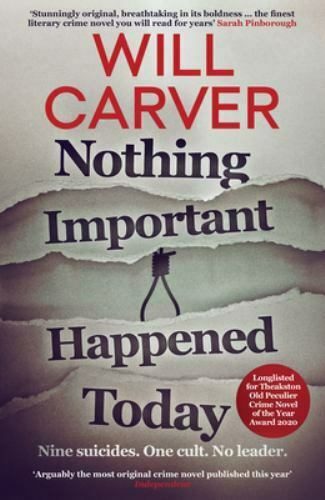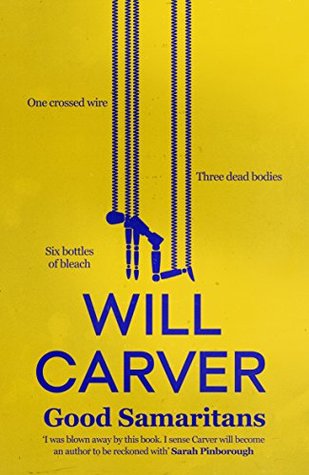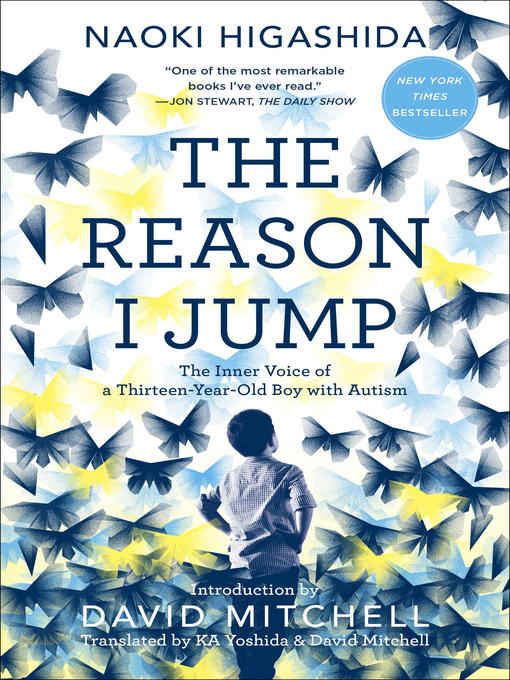
Nine suicides. One cult. No leader.
It was another fantastic strapline that first drew my attention to Will Carver’s fascinating and disturbing tale about The People of Choice, who are enduring their lives without feeling them and ending their lives without wanting to.
If you enjoyed Carver’s previous novel, ‘Good Samaritans’, which was brilliant but dark, then you should know that this is even darker. And swearier. Much of the story is written in the second person and, my word, it feels so aggressive at points:
‘What have you done?
You.
…At arm’s length. Outside looking in. With your judgement and your free choice and your safety. You don’t understand.
Not one of these people thought they were part of a cult.’
What’s it about?
On the surface, this is a tale of nine people who choose to commit suicide by throwing themselves off Chelsea Bridge in a co-ordinated act of despair. Who has orchestrated this? How? Why? Then the body count increases further…
In reality, this is a damning indictment of modern life, where the narrator berates us all for creating a culture in which we are all hyper-connected but often feel completely alone, and in which we sit in judgement of other people, never realising that we, too, are flawed, vulnerable and corruptible.
What’s it like?
Pitch-black. Mesmerising. Thought-provoking.
This fascinating crime thriller switches between a how-to guide for starting your own cult and a horrifying glimpse into the empty-but-not-empty lives of those caught up in a movement labelled a cult – The People of Choice. What we label a cult is clearly subject to interpretation, and Carver shows how swiftly such a loaded word can transform the interpretation of someone’s story.
Later on in the narrative, Detective Sergeant Pace from the brilliant ‘Good Samaritans‘ returns, but it is unclear whether he will solve the mystery or become ensnared in it. We know Detective Sergeant Pace is troubled; we know what happens to troubled characters in ‘Nothing Important Happened Today’ and there’s a genuine question mark over how this character’s story will unfold that adds just the right frisson to the crime element.
The narrative style takes some getting used to, or at least it did for me. Our aggressive, dismissive narrator is brutal about the mundanity of people’s lives and Carver favours a short, sharp written style that involves many truncated sentences, one sentence paragraphs and abrupt swerves in direction. It took me several chapters to adjust to such an abrasive style and this isn’t a book I would say I enjoyed as such, but it was fascinating and genuinely thought-provoking.
For me, the ending was very effective, drawing together everything that had gone before in the way that all the best stories do; it’s a conclusion that leaves you surprised but nodding your head in agreement, recognising that the author had left enough breadcrumbs that you feel simultaneously that you could never have solved the mystery yourself before the grand reveal, but that it absolutely makes sense. When I did reach the end, I immediately reread the prologue with a real sense of satisfaction. Ah, I thought. Perfect.
Final thoughts
Obviously, this is a very dark story and may be best avoided if you already feel severely depressed or have lost someone close to you through suicide.
Otherwise, this is a chilling and occasionally savage indictment of modern lives which I’m certain will leave readers not just with the satisfaction that arises from reading a genuinely fascinating and well shaped story, but with significant reflections to make about their own lives.
I am now looking forward to reading Carver’s latest book, ‘Hinton Hollow Death Trip’, which, (in a move reminiscent of one of my most favourite books, ‘The Book Thief’,) is narrated by Evil itself.


